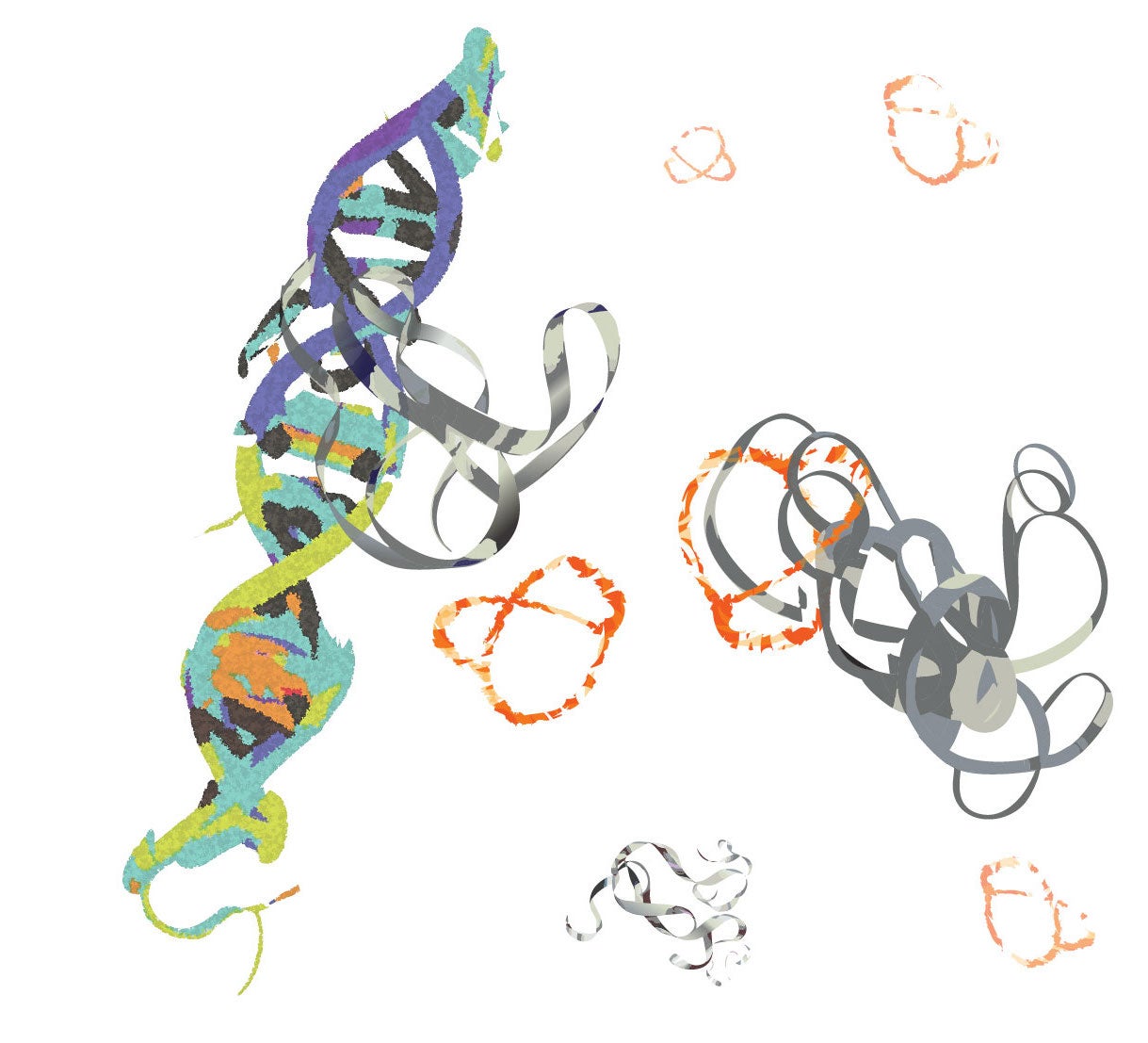
Bonn researchers identify protein that increases the formation of good brown and beige fat. Brown fat cells convert energy into heat — a key to eliminating unwanted fat deposits. In addition, they also protect against cardiovascular diseases. Researchers from the University Hospital Bonn (UKB) and the Transdisciplinary Research Area “Life & Health” at the University of Bonn have now identified the protein EPAC1 as a new pharmacological target to increase brown fat mass and activity. The long-term aim is to find medicines that support weight loss...
Read More








Recent Comments